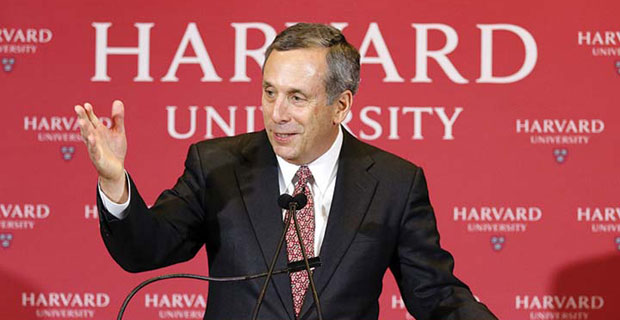Harvard president vows to fight back U.S. SC move on Asian-American kids
NEW YORK: Hurting after the US Supreme Court announced a decision “that could put Harvard’s forty years of legal precedent at risk,” Larry S. Bacow, the university’s President, has warned that “colleges and universities could lose the freedom and flexibility to create diverse campus communities that enrich education for all”.
The SC has agreed to review a challenge to the consideration of race in college admission decisions, often known as affirmative action. With three new conservative justices in the SC since its last review, the practice may be facing its greatest threat yet. The court said in January that it would consider a pair of lawsuits alleging that Harvard and the University of North Carolina (UNC) discriminate against Asian American applicants. “Our admissions process, in which race is considered as one factor among many, makes us stronger. It prompts learning in day-to-day exchanges in our classrooms and laboratories, in our residential houses, and on our playing fields and stages. Our students understand these truths and see them reflected in their interactions with their classmates. Diversity opens our eyes to the promise of a better future,” said Bacow, earlier Chancellor at M.I.T. and President at Tufts, in a “dear members of the Harvard community” mail reviewed by IANS.
“Harvard celebrates and nurtures individuality as intensely as this nation. Those who challenge our admissions policies would ask us to rely upon a process far more mechanistic, a process far more reliant on simple assessments of objective criteria. Each of us is, however, more than our numbers, more than our grades, more than our rankings or scores. Ask yourself, how much have you learned from other people at this University? How much have you grown from conversations across differences? Would these conversations have been as rich if you had shared the same interests, the same life experiences, and— yes—the same racial or ethnic background as your fellow community members? This is why applications of any kind routinely go beyond mere numbers to include interviews, samples of work product, recommendations, and references. Narrowly drawn measures of academic distinction are not the only indicators of individual promise.”











Comments.